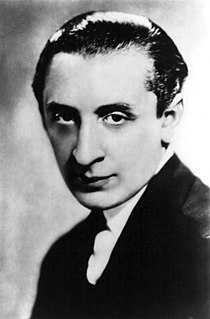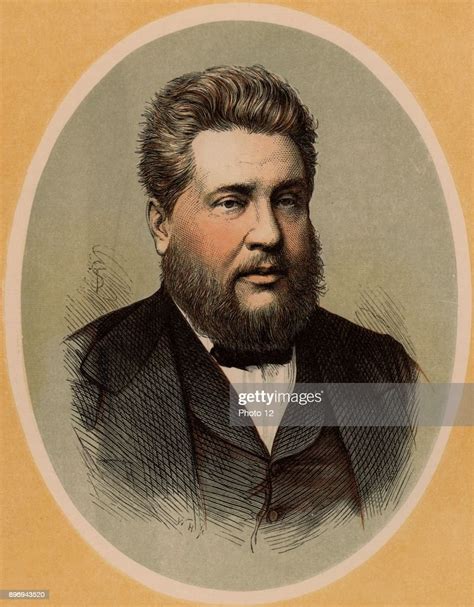A Quote by John Stuart Mill
Is there any moral enormity which might not be justified by imitation of such a Deity?
Related Quotes
Christ was treated as we deserve that we may be treated as He deserves. He was condemned for our sins, in which He had no share, that we might be justified by His righteousness, in which we had no share. He suffered the death which was ours, that we might receive the life which was His. 'By His stripes we are healed.
For Christians to be linked in association with ministries who do not preach the gospel of Christ is to incur moral guilt. A Union which can continue irrespective of whether its member churches belong to a common faith is not fulfilling any scriptural function. The preservation of a denominational association when it is powerless to discipline heretics cannot be justified on the grounds of the preservation of 'Christian unity'... It is error which breaks the unity of churches, and to remain in a denominational alignment which condones error is to support schism.
The moral issues with which Marcus struggles would be, as he points out, unchanged whether the universe were mechanical and devoid of meaning or value or ruled by deity or Providence; whether the will were in fact free or determined; whether there were or were not a future life, or any even fugitive rewards and punishments at all.
I think that we shall have to get accustomed to the idea that we must not look upon science as a 'body of knowledge,' but rather as a system of hypotheses; that is to say, as a system of guesses or anticipations which in principle cannot be justified, but with which we work as long as they stand up to tests, and of which we are never justified in saying that we know they are 'true' or 'more or less certain' or even 'probable.'
If the tradition which claims that war may be justified does not also admit that it could be unjustified, the affirmation is not morally serious. A Christian who prepares the case for a justified war without being equally prepared for hte negative case has not soberly weighted the prima facie presumption that any violence is wrong until the case for an exception has been made.
The world, and whatever that be which we call the heavens, by the vault of which all things are enclosed, we must conceive to be a deity, to be eternal, without bounds, neither created nor subject at any time to destruction. To inquire what is beyond it is no concern of man; nor can the human mind form any conjecture concerning it.
A belief in moral absolutes should always make us more, not less, critical of both sides in any conflict. This doesn't mean that both sides are equally wrong; it means that since we all fall short of moral perfection, even the side whose cause is truly righteous may commit terrible acts of violence in defense of that cause -- and, worse, may feel quite justified in committing them. That is the difference between being righteous and being self-righteous. Moral standards are absolute; but human fidelity to them is always relative.
And we, too, being called by His will in Christ Jesus, are not justified by ourselves, nor by our own wisdom, or understanding, or godliness, or works which we have wrought in holiness of heart; but by that faith through which, from the beginning, Almighty God has justified all men; to whom be glory for ever and ever. Amen.
But I say to you, the Lord says, love your enemies, do good to those who hate you, pray for those who persecute you. Why did he command these things? So that he might free you from hatred, sadness, anger and grudges, and might grant you the greatest possession of all, perfect love, which is impossible to possess except by the one who loves all equally in imitation of God.








































